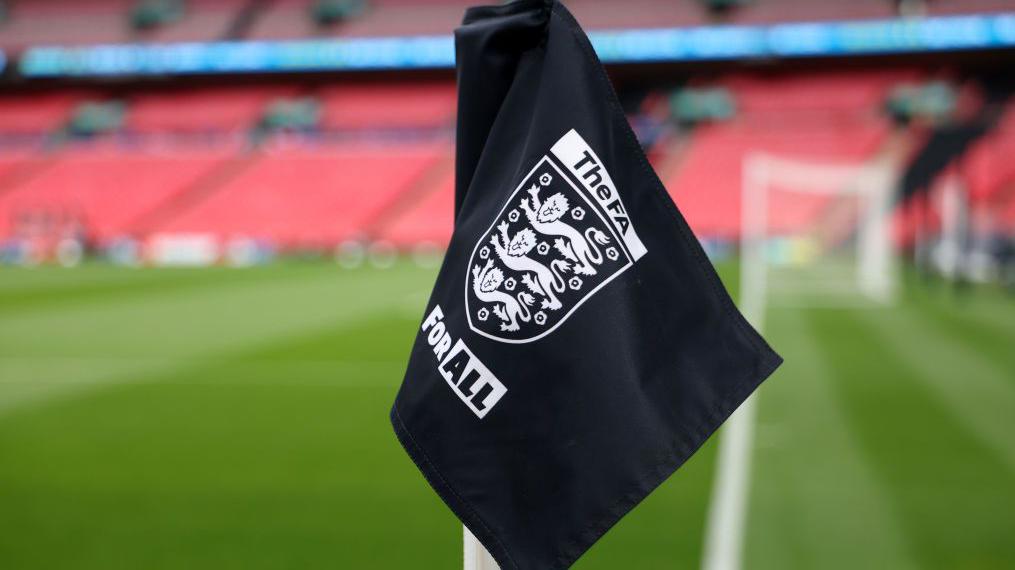
FA’s New Policy
The Football Association (FA) announced on April 17, 2025, that transgender women will be barred from playing in women’s football in England starting June 1, 2025, following a UK Supreme Court ruling on April 15 defining a woman by biological sex. This decision overturns the FA’s April 11 policy, which allowed transgender women to participate under strict conditions, such as testosterone suppression for 12 months and annual reviews. The new rule restricts women’s football to those born biologically female, affecting fewer than 30 registered transgender women among millions of amateur players.
Reaction and Impact
The ruling has sparked polarized responses. Fiona McAnena of Sex Matters called it “overdue,” arguing the previous policy was “nonsensical.” Sharron Davies, a former Olympian, hailed it on X as “great news for safety and fairness,” urging other sports to follow. Women’s Rights Network praised the FA’s shift but criticized the delay. Conversely, Natalie Washington of Football vs Transphobia warned that transgender women may quit football, citing safety and comfort concerns in men’s games. Kick it Out condemned rising transphobic abuse, emphasizing football’s role as an inclusive space. On X, @TransFootyFans expressed dismay, fearing exclusion, while @FairPlaySport supported the ban for “protecting female athletes.”
Previous Policy and Changes
The FA’s April 11 policy permitted transgender women to play if they maintained testosterone below 5 nmol/L for a year, verified by medical records, and underwent “match observation” for case-by-case approval. The Supreme Court’s ruling, prioritizing biological sex, rendered this policy legally untenable, exposing the FA to potential lawsuits from biologically female players. The FA, citing fewer than 30 registered transgender women and none in professional Home Nations football, is now engaging with affected players to explore alternative involvement, such as mixed or open categories.
Broader Sports Landscape
The FA’s decision aligns with a wave of policy shifts post-Supreme Court ruling. The Scottish FA is set to adopt a similar ban, and the England and Wales Cricket Board (ECB) is expected to bar transgender women from all women’s cricket levels at a May 2, 2025, board meeting, revising its 2024 policy allowing them in lower tiers. England Netball’s September 2025 guidelines will restrict its female category to those born female, with mixed netball as an inclusive option. Other sports, like athletics and cycling, have outright bans, while British Triathlon’s open category model since 2022 offers a precedent. The Ultimate Pool Group and World Professional Billiards and Snooker Association are also reviewing policies.
Analysis and Implications
BBC’s Dan Roan notes the FA’s U-turn, driven by legal risks, reflects pressure from sports like rugby and hockey, which tightened gender rules. The FA insists it avoids ideological stances, aiming to maximize participation, but critics argue the initial policy lacked clarity, risking fairness and safety. Supporters of the ban, like Lord David Triesman, demand accountability for prior decisions, while Pride Sports highlights the absence of football-specific evidence proving safety risks. With 28 transgender women affected, the FA faces a delicate balance: ensuring inclusivity while complying with legal and fairness concerns, as debates intensify on X and beyond ahead of the second leg of policy discussions.































